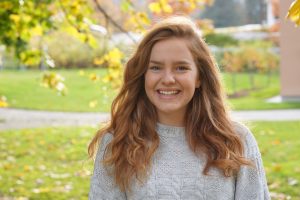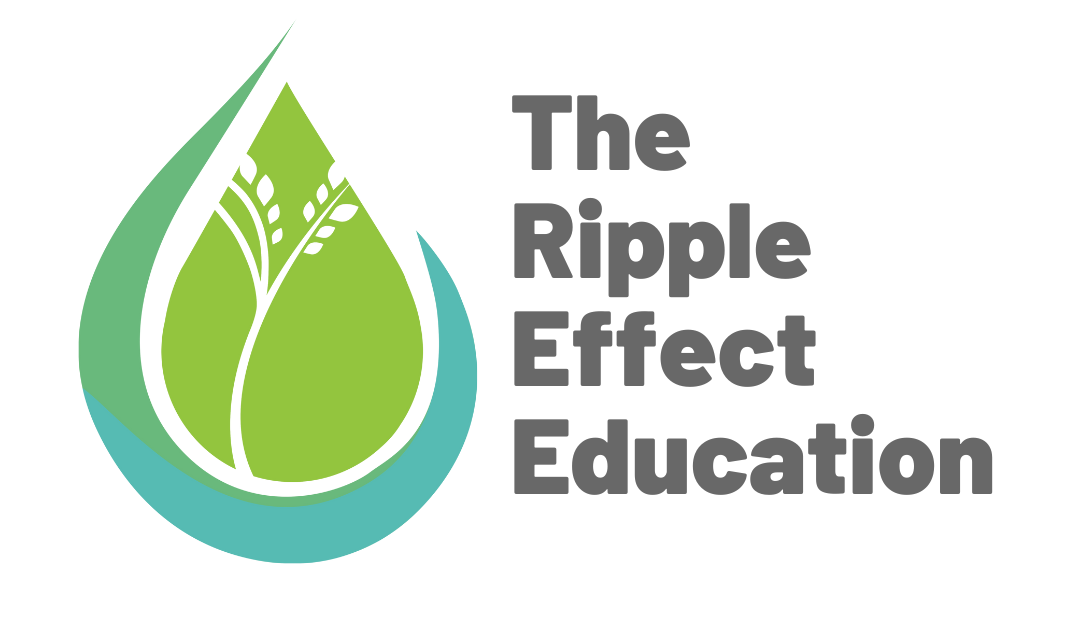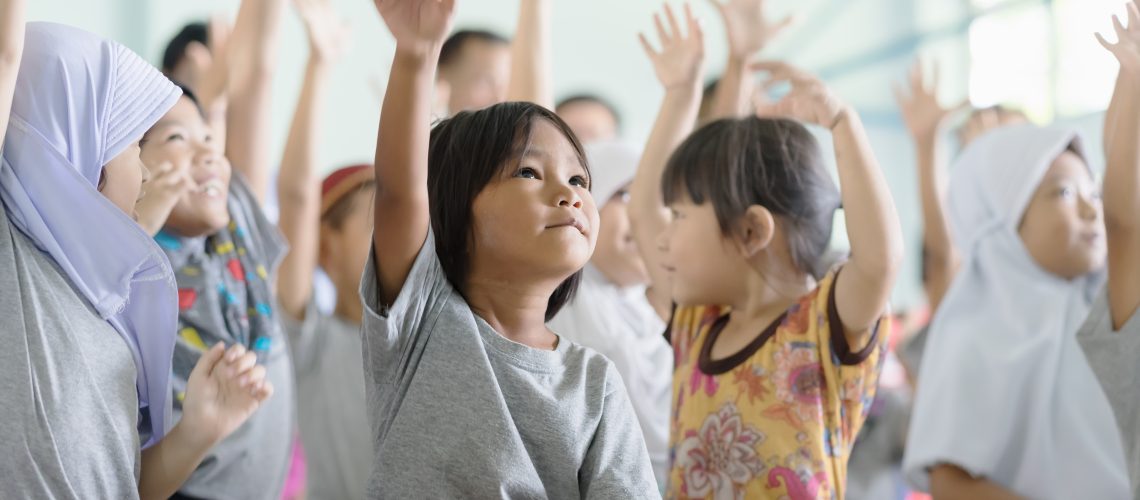In a world where acts of violence fill our newsfeeds and there is a prevalence of pain and hurt around us, peace takes root in the form of education. Peace education is important for people of all ages, but when is the most effective time to engage in peace education by learning about transformative conflict resolution? As children grow, they form their own unique worldview and they learn how to interact with the people around them. Learning about peace is a wonderful opportunity for children to build peaceful perspectives of the world around them. If we can equip kids with the skills that they need to be human beings who build healthy relationships and solve problems in ways that value the inherent dignity of others, our world will benefit now and in the future.
I believe it is important to normalize healthy conflict resolution and integrate it into mainstream learning. In my work with TREE, I have observed firsthand that peace education can be an essential part of education because of the immense impact it has on students in their classroom and in the communities around them. When we teach youth the value of peace along with the skills they need to be healthy conflict resolvers, we equip the next generation with the tools they need to be a society that values relationship over competition and well-being over accomplishment. When these values are shared, some voice concern that society is becoming soft and unmotivated to succeed, but when we work with those around us to collaborate, we can achieve greater things while still maintaining our individual and collective health. Peace education can give youth concrete skills to use in group work and in conversation with those around them so that they are collaborators instead of competitors in school and beyond.
Peace education is important for everyone, but particularly for children who are still building their identity and the values they hold. When we teach children to be peaceful, we allowing them to be a positive role model for adults around them. When this happens, the impact creates a ripple effect in their communities, and the beauty of the relational nature of peace education is exposed. For me, the idea of a ripple effect is what drives the passion behind teaching conflict resolution skills to youth through peace education.
Working for The Ripple Effect Education as a facilitator has encouraged me in my passion for teaching peace to youth. Let’s work towards a more peaceful world by educating our kids in the ways of peace and creating a world where violence is not the automatic reaction to conflict. There is hope for conflict to be transformative in the future, and the future starts with the youth of today. Peace education for youth is a key to a brighter future for all.
Interested in bringing peace education to your classroom or community? Check out our peace programs!
 Abby is going into her fourth year of Social Development Studies at the University of Waterloo. She is passionate about restorative approaches to education, and was happy to teach peace education with TREE in 2018. She continues to enjoy working with children and youth in various roles, and looks for ways to cultivate community in the spaces that she is in.
Abby is going into her fourth year of Social Development Studies at the University of Waterloo. She is passionate about restorative approaches to education, and was happy to teach peace education with TREE in 2018. She continues to enjoy working with children and youth in various roles, and looks for ways to cultivate community in the spaces that she is in.


